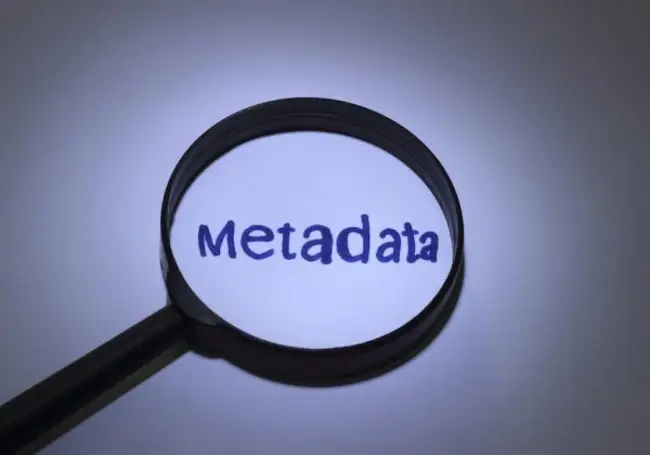More organisations are now beginning to recognise the importance of data governance across every industry. However, it is apparent that many businesses are still failing to realise the true value of their data assets. Today, companies must address the challenges posed by a complex regulatory landscape, the increased threat of data breaches, and the urgent need for data insights. In order to do so, enterprises are now looking towards metadata to alleviate these issues.

The value of metadata management
In effect, metadata is simply data that provides information about other data. This includes attributes such as where data resides and how to find it, which allows companies to organise their valuable information. Metadata management thus empowers organisations to derive the maximum value from their data assets. Indeed, an e-book from Infogix highlights the fact that it enables true predictive insights and facilitates data discovery for compliance with regulations such as GDPR. While being able to locate and understand the quality of data is critical, metadata takes this a step further. Using metadata, companies can see the relations between data and the potential impact that changing data could have on other data sets. As a result, this ultimately improves operational efficiency and saves time and money. In addition to this, metadata allows enterprises to create data quality and risk scores for data monetisation and security.
Becoming a data-driven organisation
In order to construct a comprehensive data glossary that provides this valuable information, a data governance platform is key. As the e-book observes, the platform should essentially "promote fluid communications between the data owners and the data consumers." Moreover, it should have extensive collaboration capabilities for users to acquire expertise on their data. An all-inclusive view of an organisation’s data landscape is also essential to delivering transparency. With a data governance platform, business users can gain valuable insights into their data assets and data quality, as well as the potential risks associated with its use across business applications. In order to achieve this, comprehensive and current metadata is absolutely essential for protection and security. Finally, the platform should have automatic discovery capabilities which enable the capture and monitoring of changes to metadata. By implementing a data governance solution to organise metadata, companies can become truly data-driven in an increasingly competitive landscape.







Comments ( 0 )